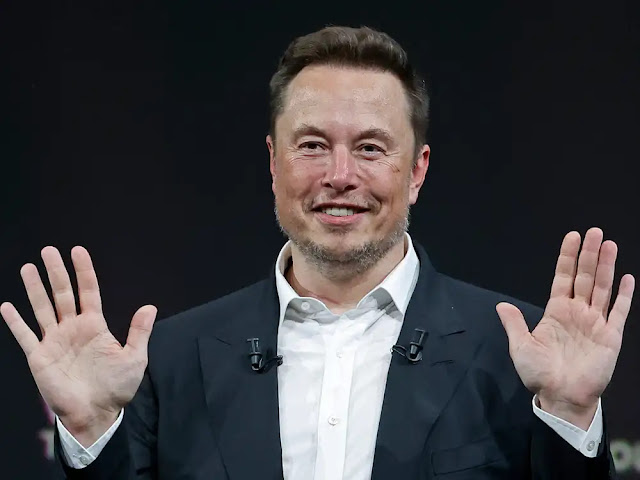Can Google Predict the Future? A Look at Elon Musk's Perspective
In a recent interview, tech entrepreneur Elon Musk made a bold claim: "Google knows the future." This statement has sparked a lot of discussion and debate within the tech community. Can a company like Google really predict the future? Let's take a closer look at Musk's perspective and explore the possibilities.
Musk's assertion is likely rooted in Google's advanced machine learning and artificial intelligence capabilities. Google has access to an unprecedented amount of data, from search queries and user behavior to real-time trends and global events. Through sophisticated algorithms, Google can analyze this data to make predictions about future outcomes with a high degree of accuracy.
One area where Google's predictive abilities are particularly evident is in its search engine. By analyzing search patterns and trends, Google can anticipate upcoming events, emerging topics, and even potential market shifts. This predictive power is not limited to just search; Google's AI-driven products like Google Maps, Google Assistant, and YouTube also leverage predictive algorithms to enhance user experience.
But can Google really predict the future in a broader sense? While the idea may sound like something out of a science fiction novel, there is evidence to suggest that predictive analytics and AI have the potential to forecast certain outcomes. For example, Google's Flu Trends project successfully predicted flu outbreaks by analyzing search patterns for flu-related terms. This demonstrates the power of harnessing big data and AI for predictive purposes.
However, it's important to approach Musk's claim with a healthy dose of skepticism. Predicting the future is an immensely complex task, and even the most advanced AI systems have limitations. Factors like human behavior, unforeseen events, and the inherent unpredictability of certain phenomena can pose significant challenges to accurate forecasting.
Moreover, the ethical implications of predictive technology cannot be overlooked. The idea of a company like Google having the power to foresee future events raises important questions about privacy, data usage, and the potential for misuse or manipulation of predictive algorithms.
Ultimately, while Google's capabilities in predictive analytics are impressive, it's crucial to maintain a balanced perspective. Predicting the future is not an exact science, and any claims about foreseeing future events should be met with careful consideration and critical analysis.
In conclusion, Elon Musk's assertion that "Google knows the future" raises thought-provoking questions about the potential of predictive technology. While Google's advanced AI and machine learning capabilities certainly enable it to make informed predictions, the idea of accurately foreseeing the future on a broad scale remains a complex and multifaceted issue. As technology continues to advance, it's essential to approach predictive capabilities with caution, ensuring that ethical considerations and limitations are carefully taken into account.



Comments
Post a Comment